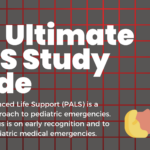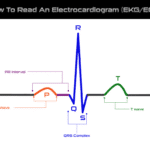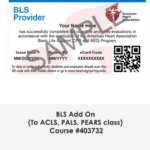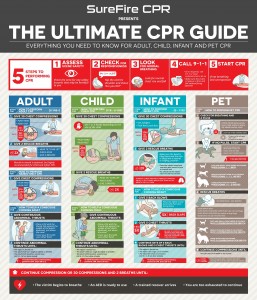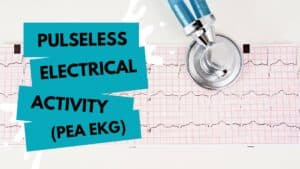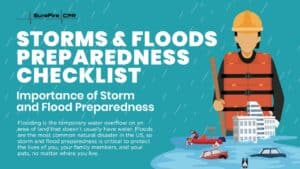One of the most valuable skills an individual can have is cardiopulmonary resuscitation (CPR.) The threat of emergency cardiac arrest is very real, and can come at any time, in any public place.
Of course, should cardiac arrest occur, people’s first instinct is to – rightfully – contact paramedics. However, it can often take a while for needed help to arrive, and in such instances, every second counts.
All of which puts a profound importance on the need for CPR training amongst the general public. Medically speaking, when cardiac arrest occurs, the heart stops pumping blood; CPR can support a small amount of blood flow to the heart and brain to until emergency professionals arrive to restore normal heart function.
While CPR training is clearly of value to the general population, it is specifically recommend – if not legally mandated – for individuals with specific jobs, like trainers, lifeguards, and teachers. CPR training also varies according to the individual receiving the procedure; different techniques need to be applied to adults, children, and infants.

